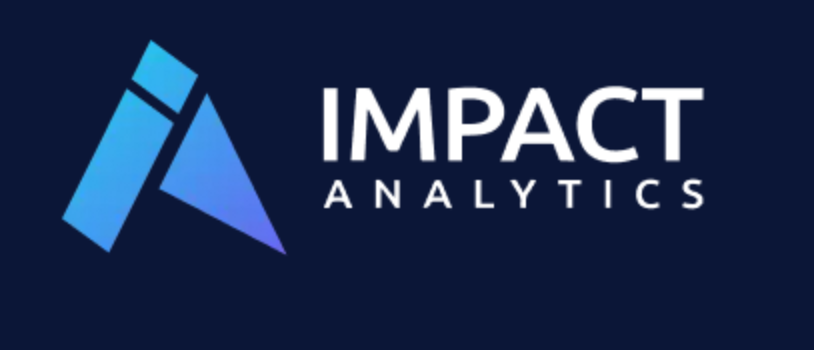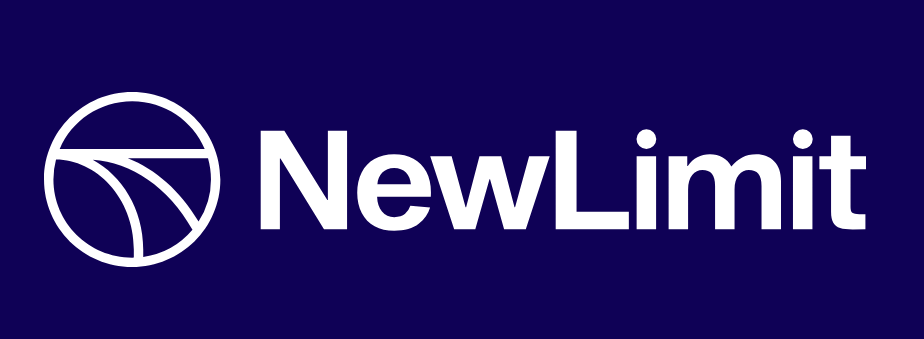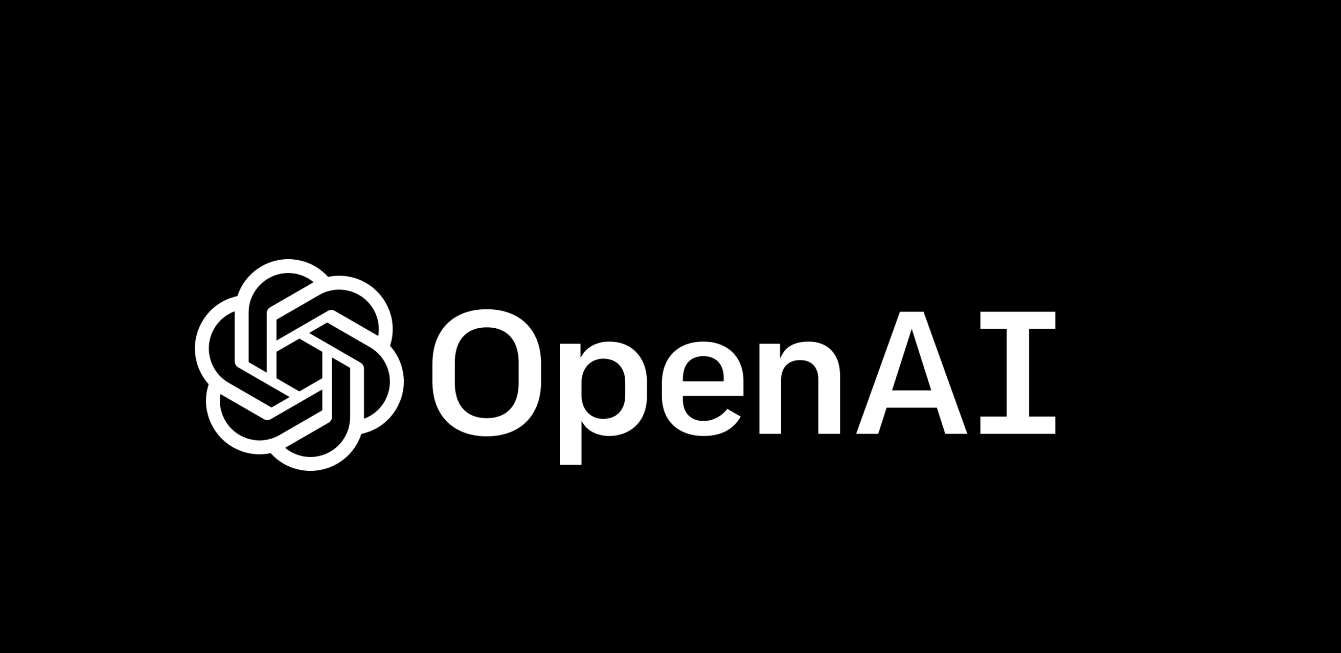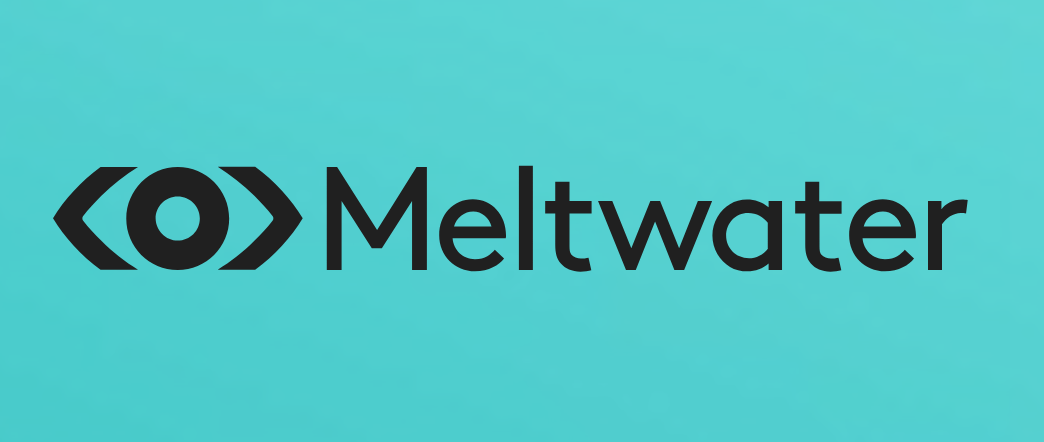Eric Siegel is a well-known expert in the field of predictive analytics and data science. In his more than three decades of experience, he has an understanding of the huge potential and practical applications of predictive AI. In a recent interview, he talked about the transformative power of this technology and why he believes it holds the key to improving large-scale operations. The reason Siegel is most passionate about predictive AI is that he feels it actually brings some value, in tangible and measurable terms, to organizations.
“Prediction is the Holy Grail for improving these large-scale operations,” he said. “The operations by definition are the things that matter most, they have the most consequential, they’re large scale.” He cited the example of UPS, which used predictive analytics to save 185,000 metric tons of emissions and $350 million annually by optimizing their package delivery routes.
The true value of predictive AI, according to Siegel, lies in its ability to inform critical business decisions.
“If this customer is going to buy, then spend the money to contact them. Include them on a marketing campaign,” said Siegel. “If this component of a hydropower plant is likely to break down, should we shut the whole system down to investigate it, or should we wait for it to break, which could be even worse?” These are the kinds of decisions that can be vastly improved with the help of predictive models.
However, Siegel cautions that the hype surrounding AI, particularly generative models like ChatGPT, can overshadow the practical benefits of predictive analytics.
“The unbelievable hype on AI is a mixed blessing at best,” he said. “If I personally have frustration, it’s about the AI hype and the intrinsic anthropomorphization narrative that I believe is false.”
Siegel believes that the key to unlocking the full potential of predictive AI lies in bridging the gap between the technical aspects and the business side.
“These are consulting gigs, this is an enterprise deployment, it’s a paradigm, it’s a way of doing things, it’s a way of framing operations and looking at what does it mean to use the best of data-driven decisioning,” he explained.
To that end, Siegel has co-founded a startup called GooderAI, which aims to make it easier for organizations to evaluate and quantify the business value of their predictive models.
“Right now, it’s sort of like you do the technical metrics, and you’re like, ‘Oh, it definitely predicts a lot better than guessing,’ which means it’s potentially valuable,” he said. “But what about actually also making a concrete estimation of just how much value you’ll get by doing that?”
As Siegel considers the future of predictive AI, he shares his optimism regarding how the technology will further improve the world. With so much deep knowledge and commitment to practical applications, Siegel himself is bound to play a formative role in determining the future of the field.






